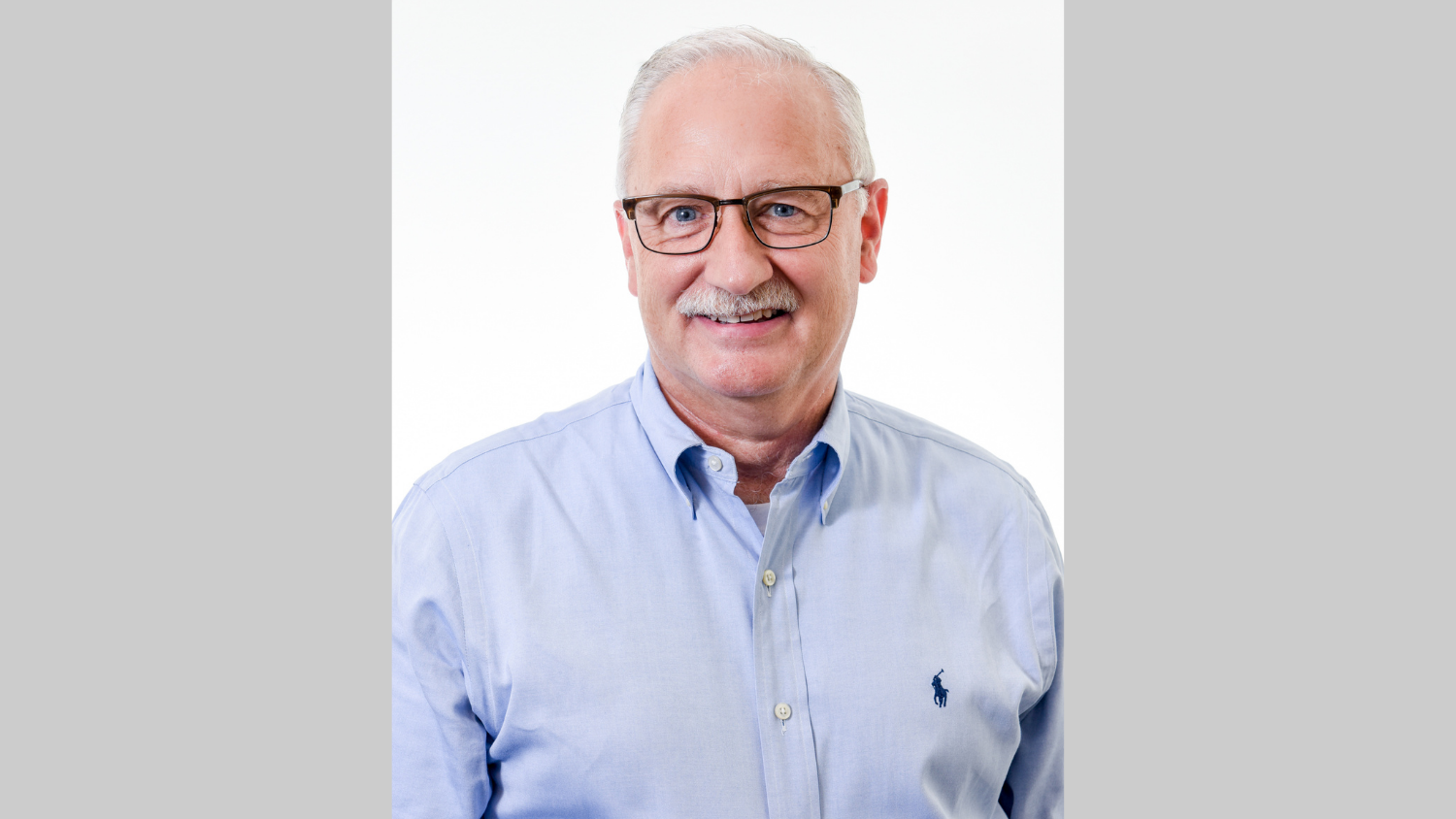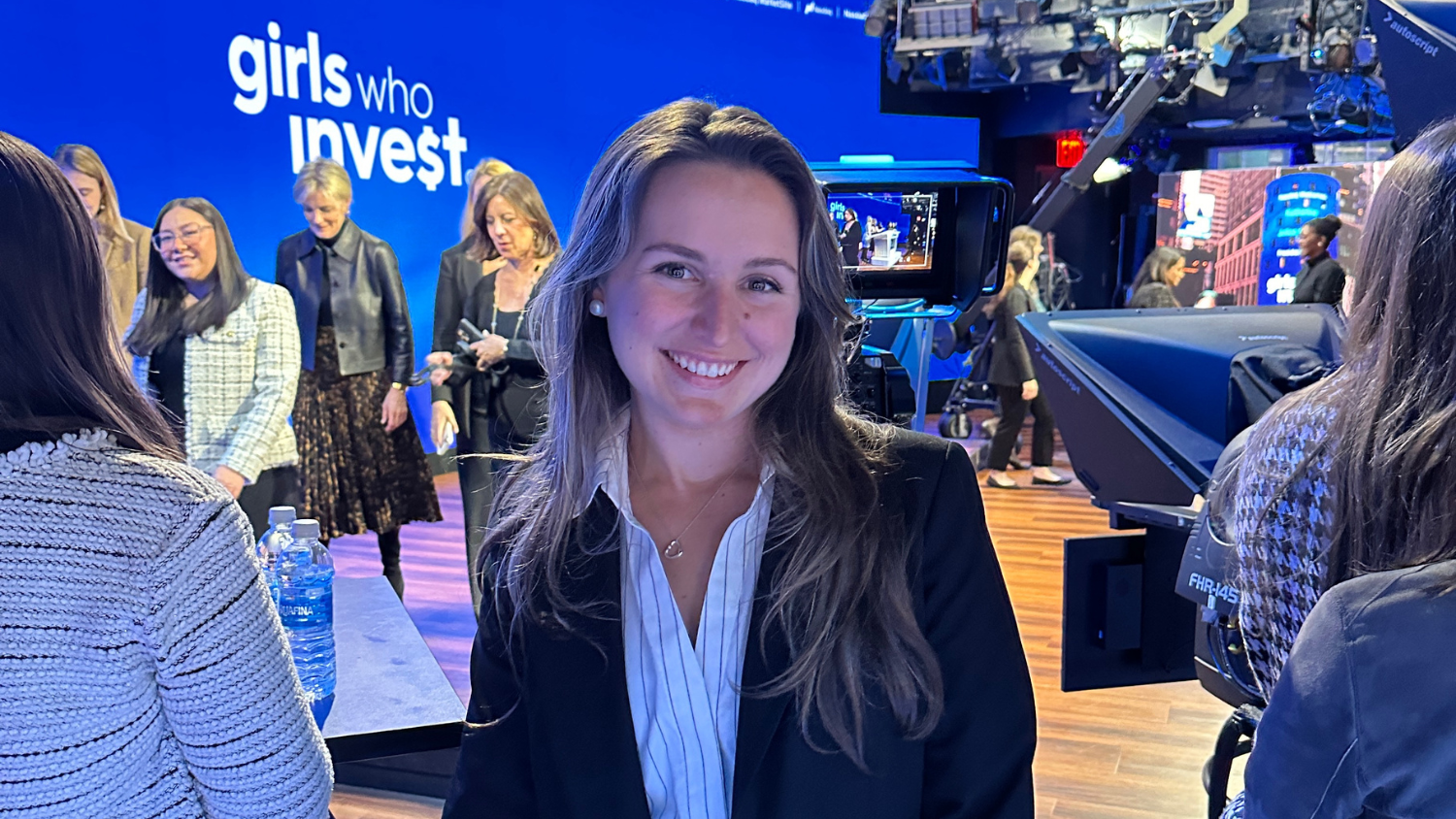Carl Davis brings over 35 years of finance and investment management experience to the Poole College of Management. As a lecturer of finance, he’s dedicated to helping his students build well-rounded networks and cultivate a spirit of lifelong learning.
Q&A with Carl Davis
What initially sparked your interest in finance and investment management?
I originally earned an undergraduate degree in accounting with plans to become a public accountant. After spending some time in a public accounting firm, I came to the realization that I enjoyed analyzing and consulting for a company’s financial needs rather than being the one to prepare statements and reports. I pivoted to working in the trust department of a bank, where I had the opportunity to help clients prepare retirement plans for their employees, back in the day before we had 401k plans. From there, I found my way into investment management, which is where I have been ever since.
What is the most rewarding aspect of working at Poole?
Poole faculty demonstrate a deep level of humility. Yes, they’re leading experts in their fields and have an expansive knowledge base. But their humility is evident in how they teach and care about their students. If you’re a faculty member, letting your guard down allows you to care enough about your students so that you’re not just pushing information at them. Our faculty members take the time to build relationships with our students and equip them to thrive once they go out into the world.
Poole students stand out in the crowd because they are willing to learn and are humble enough to admit they don’t always have the right answers.
Humility is also what sets Poole students apart from their peers. On a knowledge level, they are competitive with graduates from any other top tier school. But Poole students stand out in the crowd because they are willing to learn and are humble enough to admit they don’t always have the right answers. Diligence and openness are foundational values for our students as they enter the workforce.
How would you describe your philosophy of teaching?
The key is combining theory and practical application. Whether it’s a stock research report or a portfolio management project, I create these assignments to help students take textbook theories and apply them to real-world contexts. I also try to bring in as many outside resources as I can, especially by inviting professionals to speak about their experiences in fields that are relevant to our course material. By hearing from many different people in finance, students learn that there’s no magic formula for success that comes out of a textbook. At the end of the day, I try to build a solid foundation for my students so that they keep reading, exploring and learning from the success of others who have gone before them.
What advice would you give students who are interested in a career in finance?
Learn as much as you can, network, work hard and stay humble. In most professions, a teachable attitude will take you much further than being the smartest person in the room.
On a practical level, take advantage of Poole’s learning opportunities beyond the classroom. I highly recommend connecting with the student finance club. Every month, we invite experts in the field to speak with students. You’ll have the chance to interact with alumni professionals who come from a wide variety of career paths. Similarly, I encourage you to have conversations with finance faculty members. It’s all about exploring your options and understanding just how many opportunities there are to have an impact on those around you.
How do you typically spend your time outside of Poole classrooms?
I consider teaching to be like a second career or hobby after working in industry for so many years. I didn’t start teaching at NC State until I was over 50. I didn’t embrace teaching; teaching embraced me. Over time, it became a hobby that I could be paid for — the best hobby ever!
When I’m not teaching Poole students, I volunteer my insights in financial education through other outlets. For example, I’ve served as a Dave Ramsey coordinator at my church and worked with the Raleigh Rescue Mission for a couple of years. These spaces give me opportunities to help clients and community members establish savings accountability programs, budgets and other personal financial goals. A solid financial foundation is important for everyone regardless of their career, and it’s fulfilling to know I can make a difference in someone’s life by sharing financial literacy.
- Categories:



